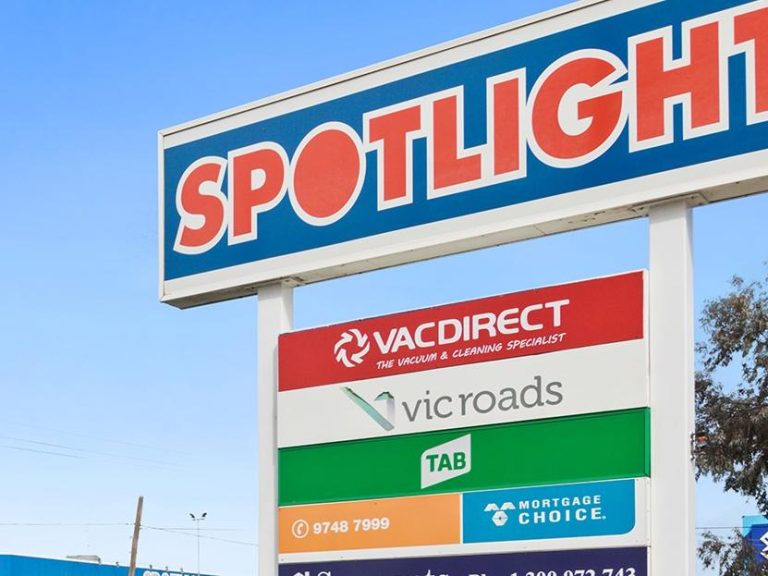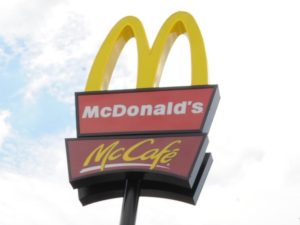Food offerings see pub revenues spike
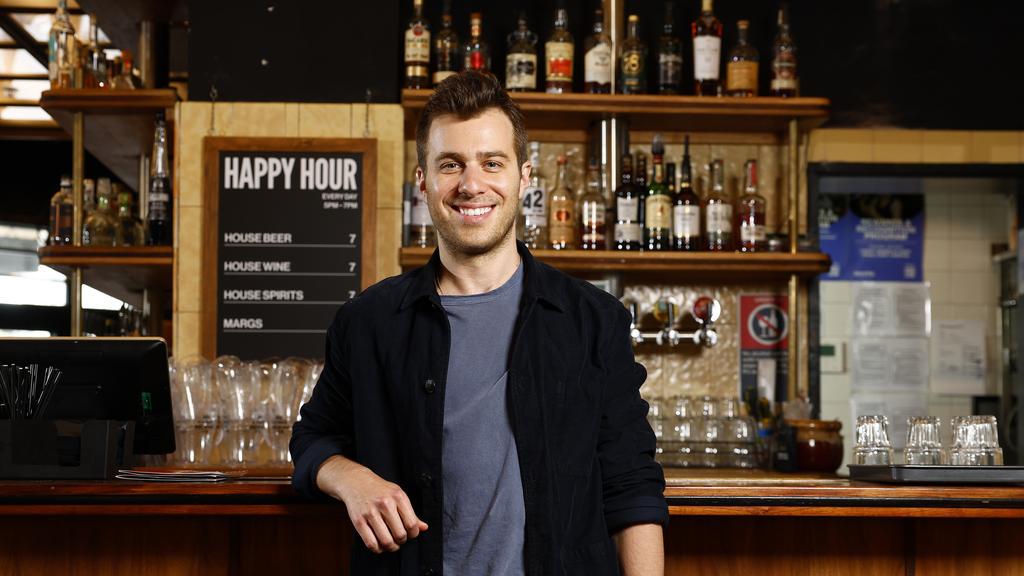
Solotel Group CEO Elliot Solomon. Picture: Jonathan Ng
Whether it’s a counter meal at the bar or a weekend catch-up with mates, pubs have long played a key role in Australian culture. But in the past 20 years, there’s been a notable shift in who’s coming and why.
A growing number of Australians are heading to the pub to eat, not drink. This change is being driven by a decline in alcohol consumption and a post-Covid uptick in social gatherings, especially among families and couples.
RELATED:The franchise kings and queens of Aus
Celeb chefs’ shock new venues exposed
“A good food offering is a huge social magnet,” says Ben McDonald, Vice President, Pubs Australia at investment management company, JLL. “It’s what keeps people coming back.”
Two decades ago, bar sales accounted for 70-80 per cent of revenue in metro pubs and up to 90 per cent in regional ones, according to Deloitte’s Australian Hotel Market report. Today, food accounts for 40-55 per cent of metro revenue and 25-45 per cent in regional areas.
“Food has become increasingly important, not just for revenue, but for the overall appeal of a venue,” McDonald adds. “Venues with strong food and beverage offerings are far more sought-after.”
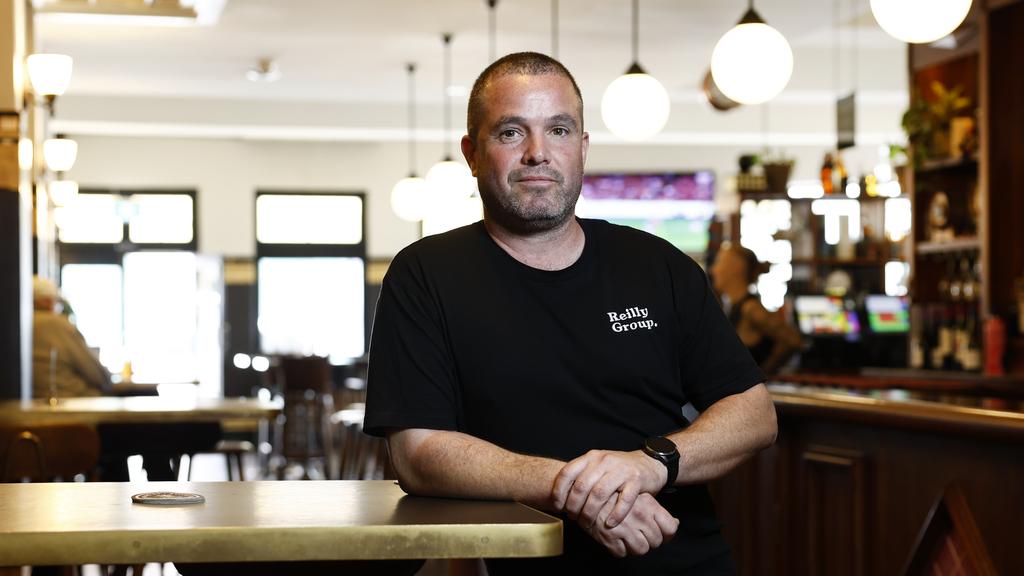
Sydney Park Hotel owner Ray Reilly. Picture: Richard Dobson
Neighbourhood hubs
In Sydney’s Inner West, The Henson has become a standout example. Owner Ray Reilly of Reilly Group saw untapped potential when they acquired the pub in 2013.
“We saw value in creating something truly unique for the community,” says Reilly. “We relicensed it as a restaurant, then secured a takeaway alcohol licence. That’s how we launched the ‘Grocery and Grog’ concept.”
They added a deli offering sliced meats and cheeses, a bottle shop, and an Asian- and Indonesian-inspired menu; an unusual move at the time.
“We just tapped into the local community — grassroots sports clubs, the Addison Road Centre, and the Marrickville markets down the street.”
At Sydney Park Hotel, another Reilly Group venue, the team essentially started from scratch.
“There wasn’t even a kitchen. We turned a garage into a takeaway cafe for commuters, then transformed it into a pop-up kitchen at night doing pies and sandwiches. Eventually, we built a kitchen upstairs.”
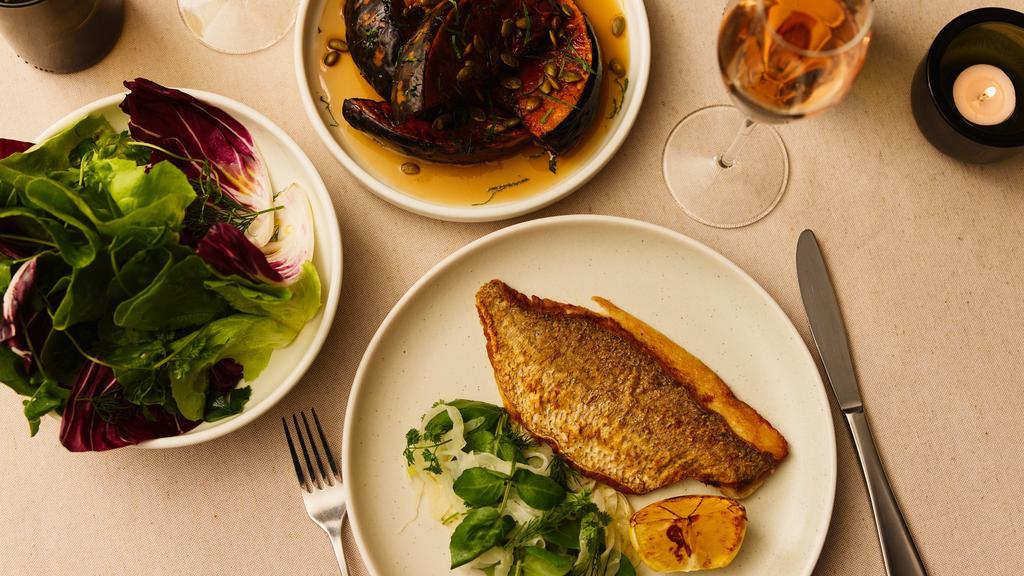
Solotel Group has food influenced by co-owner Matt Moran. Picture: Supplied.
EXPOSED: Costco’s hidden detail in stores
Shock kitchen hack saves $300k
Next on the list: a rooftop bar and pool hall. The group’s latest addition, the Friend in Hand in Glebe, opened in May 2025.
“Since opening, we’ve had to pivot constantly, tweaking the offering to build the business,” says Reilly. “We’ve always liked using ‘no-names’ – dishes listed by ingredients rather than generic names like ‘burger’ – but people came in asking for steak. So, we added it. Same with kids’ meals. We’re not trying to be a family pub, but we are a community pub. If the community asks, we listen.”
Diverse portfolio
At Solotel, co-owned by award-winning chef Matt Moran, the emphasis on food is equally clear. With a portfolio of 30 venues across Sydney and Brisbane, including fine-diners like Aria and local favourites like The Clock, food plays a core role in every acquisition.
“Opportunity is what drives acquisition, and food is one of the fundamental pillars of any of our pubs,” says CEO Elliot Solomon. “Whether we’re improving an existing venue or building a new concept, it’s always shaped by the community.”
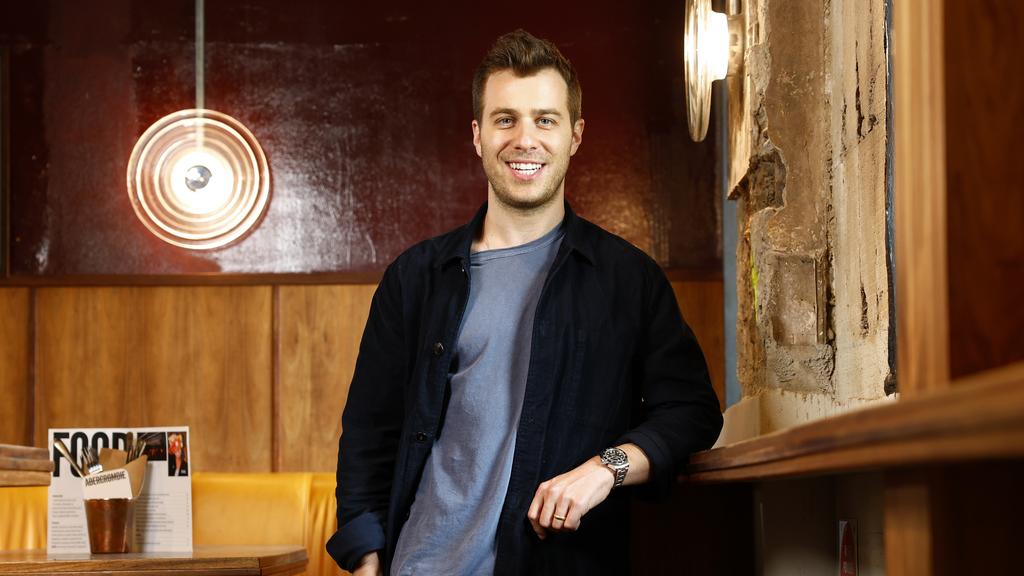
Solotel Group CEO Elliot Solomon at the Abercrombie Hotel in Broadway. Picture: Jonathan Ng
Solotel’s expansion into Brisbane reflects this thinking. Riverbar and Kitchen, with its 180-degree riverfront view, channels the iconic appeal of Sydney’s Opera Bar, another Solotel venue. Meanwhile, Goro’s in Fortitude Valley emulates the group’s Surry Hills late night venue — complete with cocktails, Japanese snacks, and a late-night vibe.
MORE:What’s next for Australia’s most underused areas
“We don’t try to turn a great pub into something it’s not,” Solomon adds. “If it’s known for drinks, we let food complement, not compete.”
Food at the heart of hotel growth
Harvest Hotels, CEO and Co-founder Chris Cornforth sees the importance of a solid food program when renovating underperforming hotels throughout regional NSW.
“We focus on both capital and operational improvements,” says Cornforth. “Enhancing the food offering plays a big role in expanding our customer base.”
At The Woy Woy Hotel, Harvest redesigned the interior to feel more inviting, added a spacious beer garden and kids’ play area, and revamped the menu to feature pub classics alongside fresh local seafood.
“The changes drew in families, tourists and local business owners who hadn’t previously visited. Food revenue is now a primary contributor to earnings,” he says.
As Australian pubs continue to evolve, it’s important to remember that community is the core of pub culture. It’s the publicans that acknowledge the increasing trend of plate over pint that will keep the neighbourhood local going strong for years to come.


